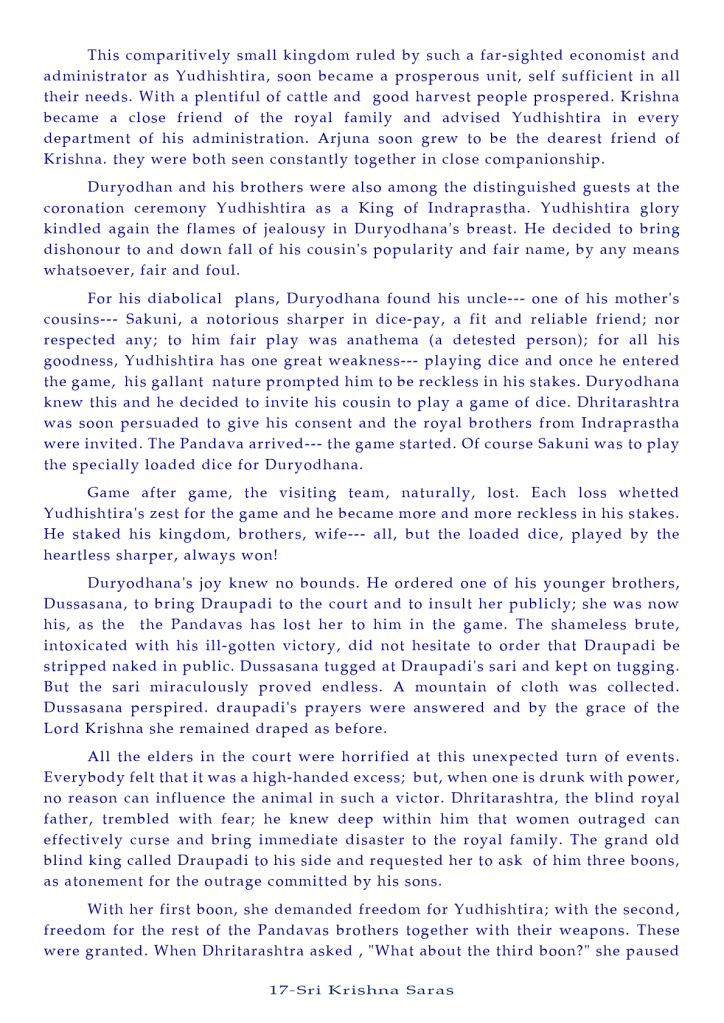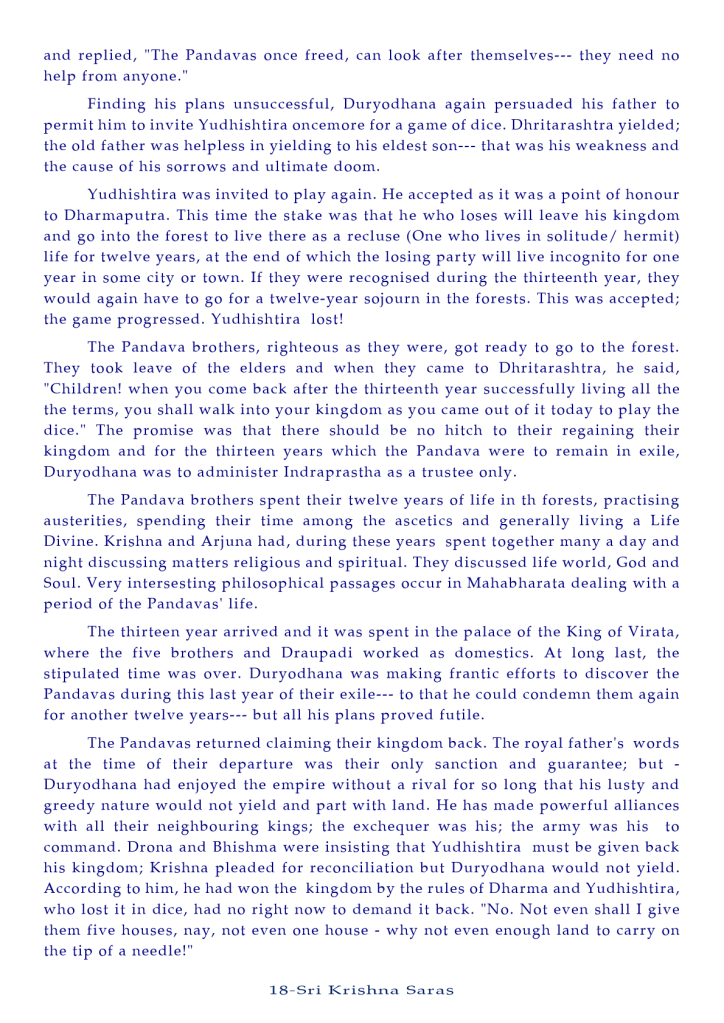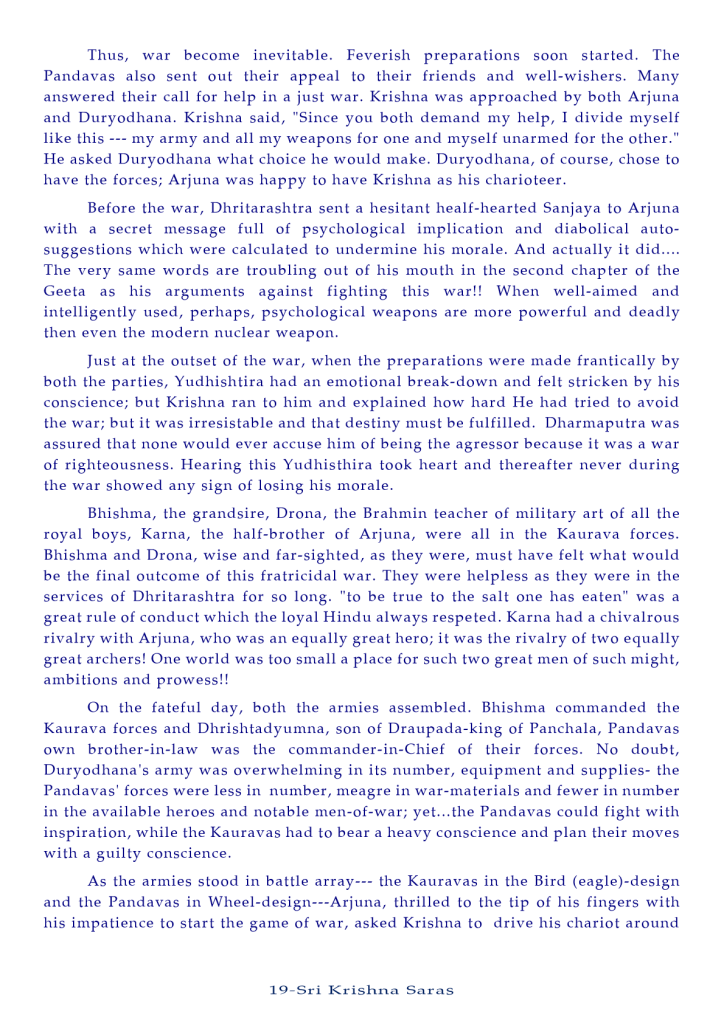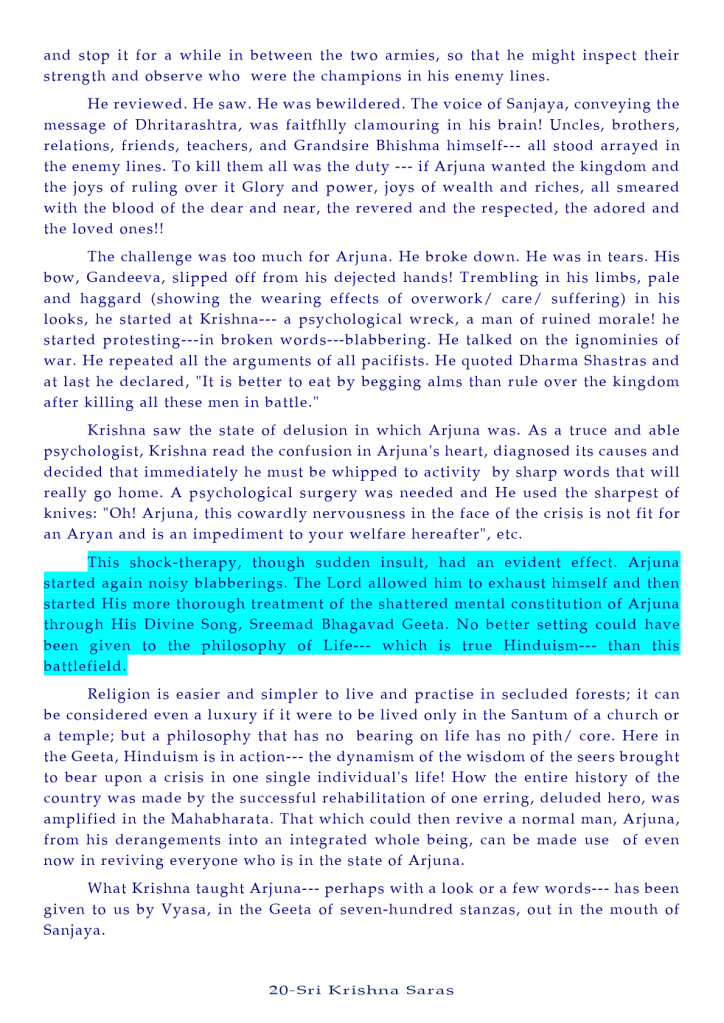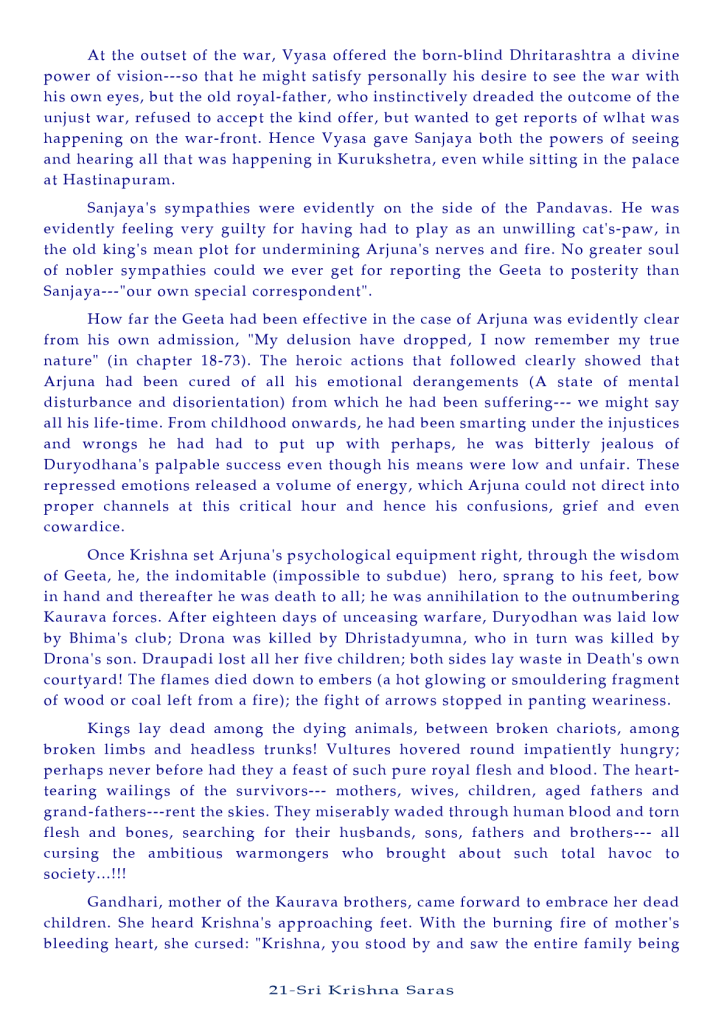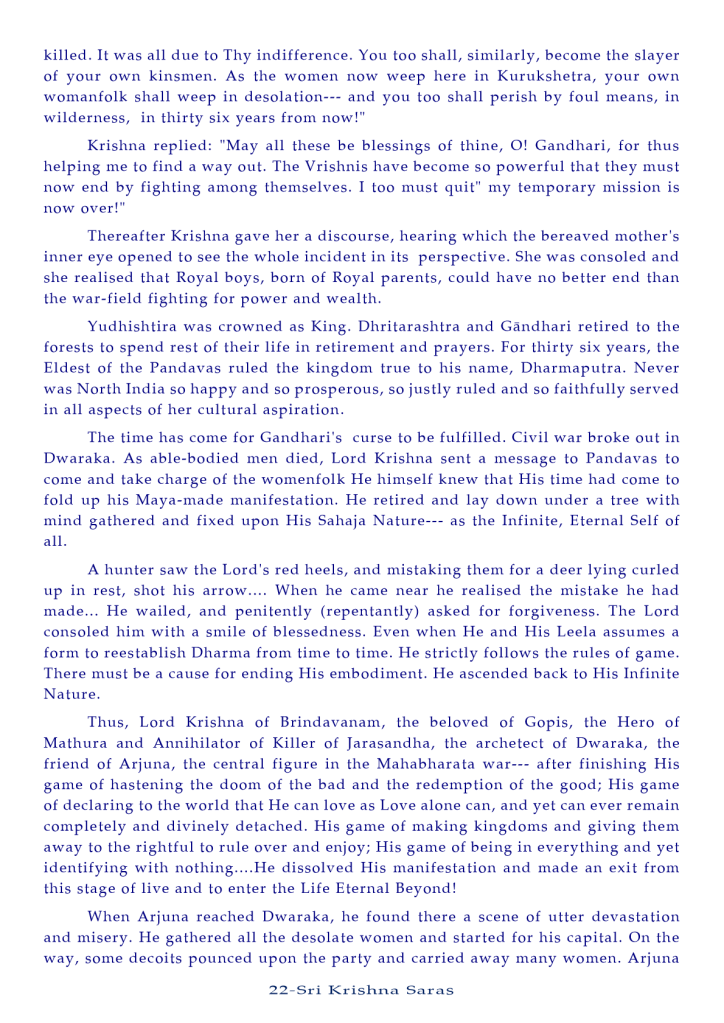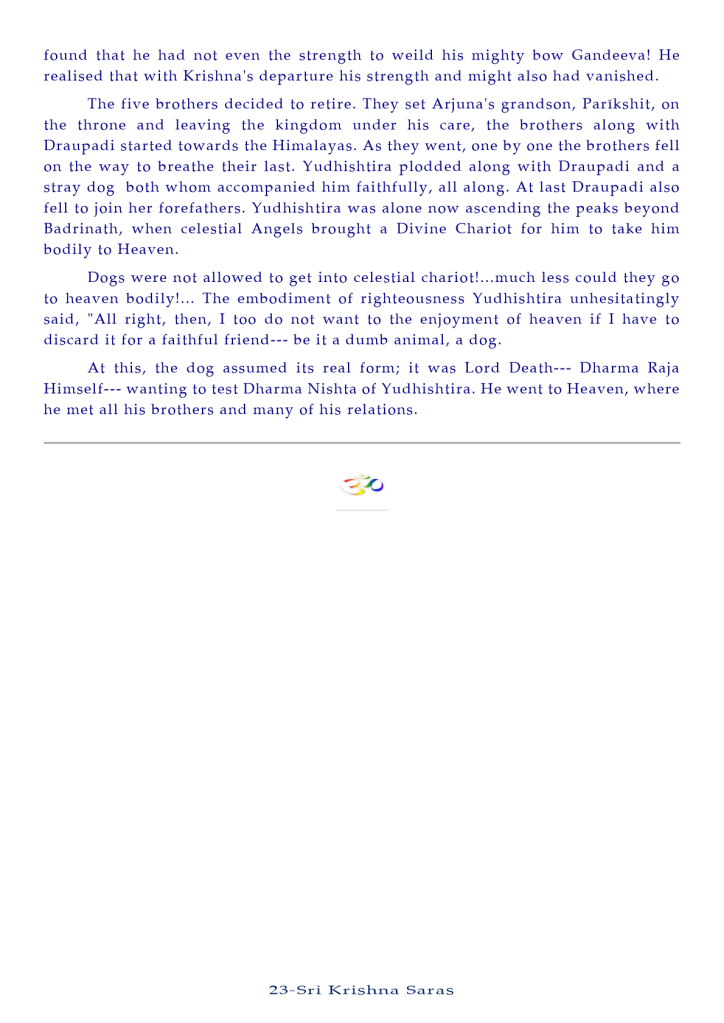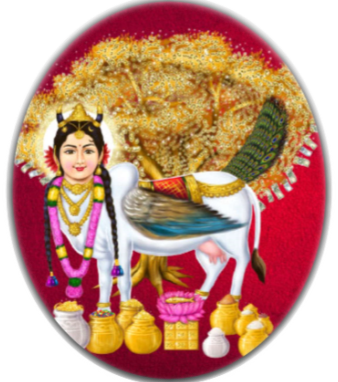Published by Sri_Krishna_Saras
The author is a senior citizen, an Engineer, post-graduated in Sanskrit after retirement. The main idea behind this blog, is to compile and digitise the various subjects, particularly the Sanskrit literature & hymns. For easy reading of Sanskrit lyrics, the Fonts are well spaced, words separated from one another. Hence the meaning of the Sanskrit texts can easily be grasped. As the entire write-up is digitised, it can be referred at any time, through mobile, tablet and laptop computers.
The author is thankful and grateful to all Eminent people, Scholars and others, who have provided various valuable information in books, articles, write-up and also images etc. both on-line & print medium. These informations enabled the author to compile, add, edit and modify and present in different format. The author hopes that this exercise and efforts will enable the readers, to comprehend the the subject matter, in proper perspective. The publications are only for self satisfaction and with no commercial intent. Blessings and love to all readers.
View all posts by Sri_Krishna_Saras
















